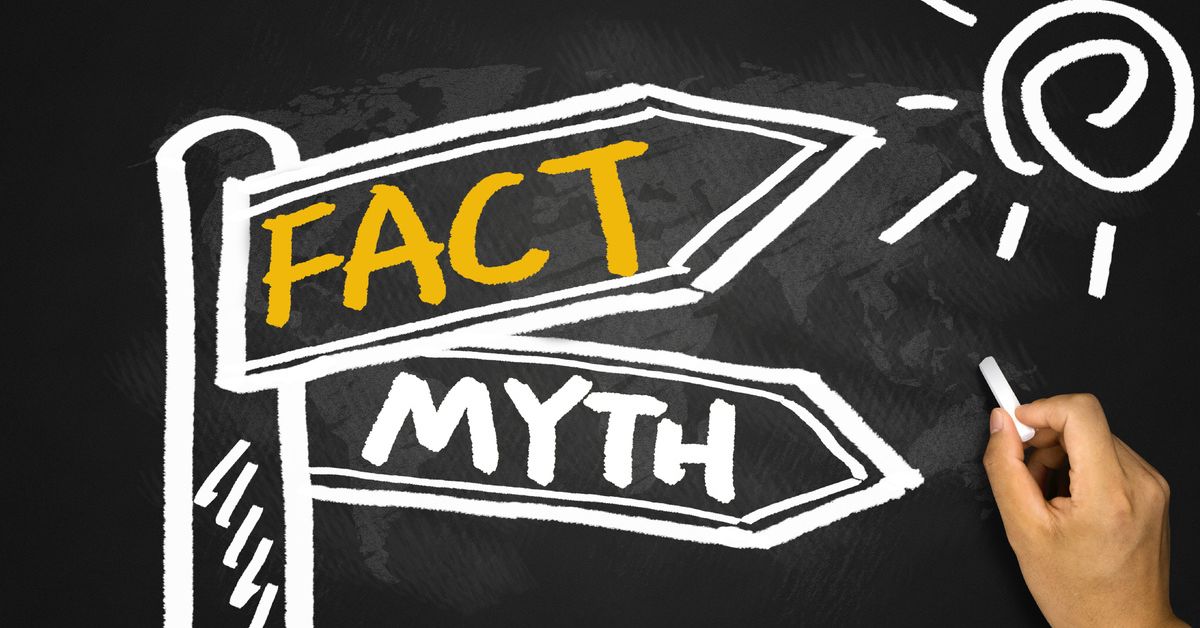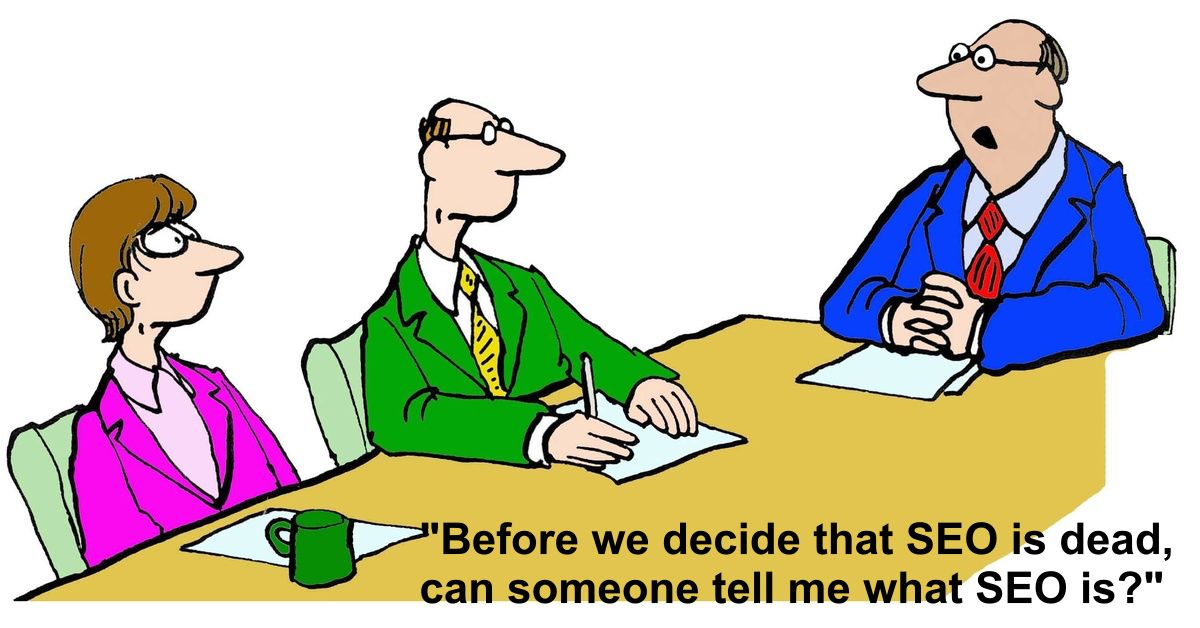
If your brand is struggling to achieve and maintain its SEO rankings, you’ve probably figured out that it’s hard. One of the reasons is that so much information about SEO is inherently flawed.
Google claims that somewhere around 10,000 signals influence its search results. That’s a huge number! How many lists of 10,000 anything do you know?
It’s not just that SEO is challenging. It’s that the factors the search engines use to rank websites continue to evolve and change. And, sometimes, these companies are forthcoming with what matters and what doesn’t when it comes to getting your brand in front of your target audience.
Hence all the myths. There are a ton of SEO myths. Some are funny, others perplexing, and still others are obviously fake.
Here is what you need to know about SEO misinformation and some of the top SEO myths that are unlikely to help your search engine rankings.
What Are SEO Myths?
Simply put, SEO myths are just bad information about what can help or hurt your company’s search engine rankings. Grabbing onto something you see on Twitter or Facebook can be dangerous because it hasn’t been verified or tested.
In some cases, an SEO myth is born from outdated advice. Maybe a year or two ago, some minor tweak to a website could impact rankings. Now that search engines are smarter, these changes no longer have the same impact.
Other myths are born due to the misinterpretation of an industry expert’s comment or the misconception of cause and correlation. In other words, just because B happened after A, that doesn’t necessarily mean that A caused B. There could be other factors at play.

8 SEO Myths That Won’t Help Your Rankings
You can save your business a lot of time, lost revenue, and headaches by learning to spot and avoid SEO myths. Here are some of the most common ones:
1. SEO is Dead
Perhaps one of the most common and potentially damaging SEO myths that we hear is that “SEO is dead,” meaning it no longer matters. This is simply not the case.
The truth is that SEO has changed because of the way Google delivers search results. Specifically, many people can get answers to a lot of basic questions right on the search results page. This might reduce your click-through rates, but it still gives your brand some visibility.
Also, having one of those rich snippet spots is prime real estate in Google in addition to your main website listing. And the optimization you do on that site can help you attract additional traffic.
2. Duplicate Content Penalty
Google doesn’t like duplicate content, but it’s a myth that there is a specific duplicate content penalty that the search engine dishes out. Even though you won’t get penalized, it’s vital that you avoid duplicate content for a variety of reasons. It can cause problems with SEO that include backlink dilution and undesirable URLs in search engine results.
3. Domain Age is a Ranking Factor
Just because a website has been around for years, that doesn’t make it worthy of top search engine rankings. Google has confirmed time and again that domain age means nothing. While a website that has been around for years might have had more time to accumulate high-value backlinks, it also has had plenty of time to make critical errors.
4. PPC Ads Help Website Rankings
There really is no true correlation between paid rankings and organic rankings. They are completely separate. But PPC may be able to indirectly help you get better organic rankings in a few ways.
For example, paid ads can help you attract backlinks under the right circumstances. With paid ads, you target a list of keywords, test what works best, and can refine the search terms you decide to target organically.
5. Social Signals Impact Rankings
While social media marketing should be part of your digital marketing strategy, social signals don’t directly impact your website’s rankings. One of the reasons for this is that social signals, such as “likes” and “shares” are too simple to manipulate. There may be a correlation between social shares and higher rankings. That’s only because pages that do well on social media tend to get more exposure and visibility.
6. Google Taps Into Your Analytics Data
A common fear among website owners is that Google will use the data from Google Analytics, or some other Google-owned service, against them. So, if their site is too slow or their bounce rate too high, Google will pull this data from GA and drop the rankings. This is a myth. Google already knows this stuff because they measure everyone, whether they use GA or not, using the same ranking factors.
7. Page Rank Still Has SEO Value
Google used to measure Domain Authority or PageRank using a link analysis algorithm to determine the “importance” of a particular web page. Domain Authority scores would range from 1 to 10. But the search engine says it no longer uses any such metrics, although you can still find them used by services like Moz and Ahrefs.
8. Keyword Research is No Longer Important
Now that most pages rank for hundreds (or more) keywords, it’s understandable to believe that keyword research doesn’t matter. But it does. Doing proper research ensures that you are optimizing your page for the most popular way to search for a topic. This is what is important to Google as it tries to deliver the best user experience.
Some SEO myths make no sense and are simple to spot. But others are more challenging because they seem to make a bit of sense. It’s a constantly evolving game, and one myth we forgot to mention is that SEO is a “one and done” process.
At Connection Model, we take a results-driven approach to digital marketing, customizing our solutions to the needs of every client. We use proven SEO strategies to help your business get the online visibility it needs to achieve its goals. Contact us today to learn more.
Written By: David Carpenter


